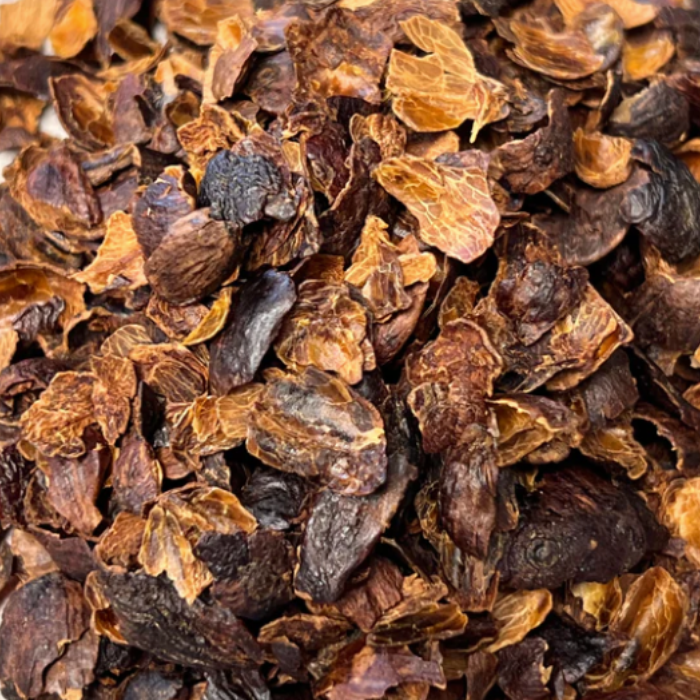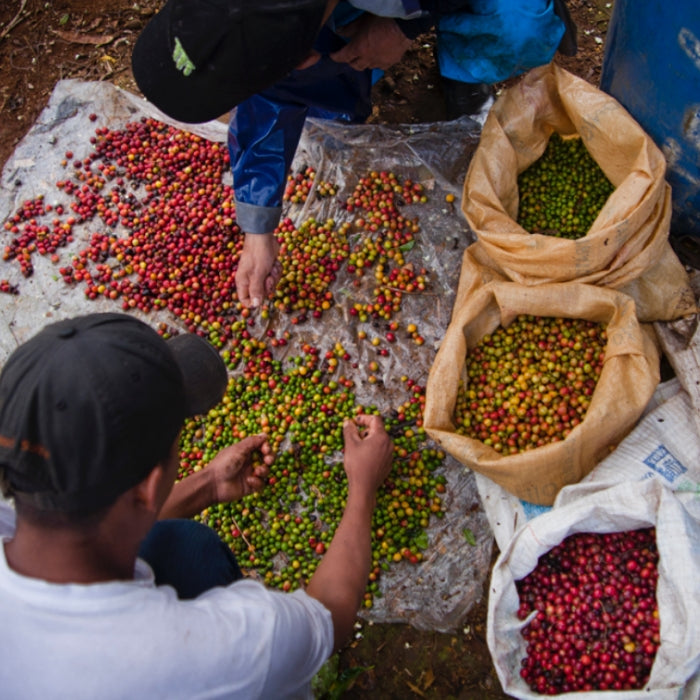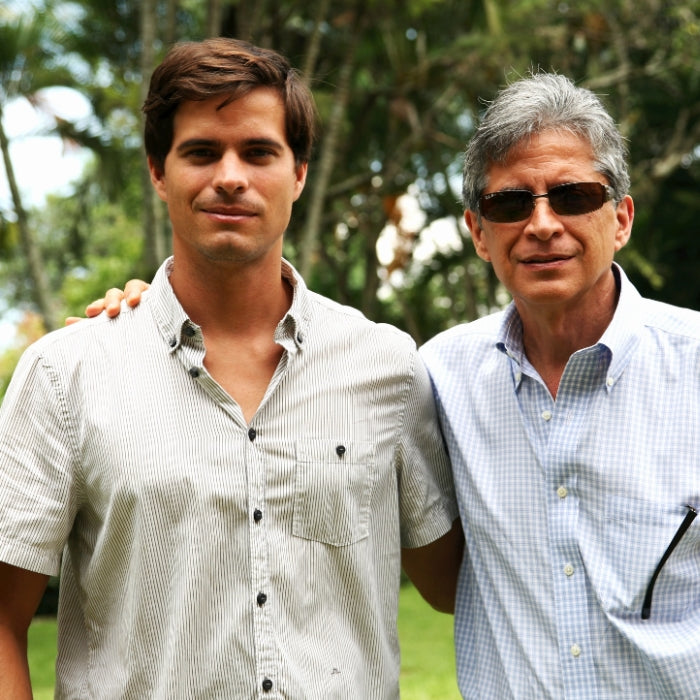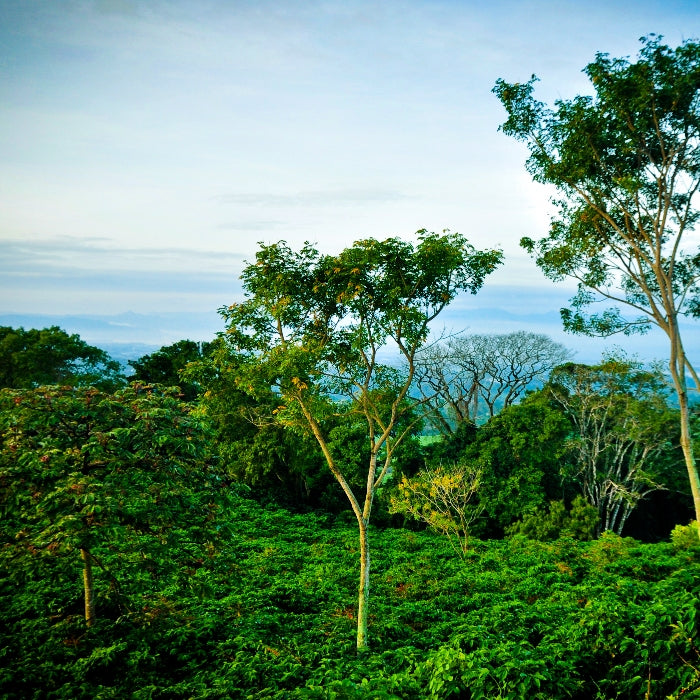jakafe
Cascara - Costa Rica - Hacienda Sonora
Cascara - Costa Rica - Hacienda Sonora
In stock
Prices are listed per 1kg excluding VAT and are subject to final approval.
Prices listed per 1kg without VAT
46kg GrainPro packaging
The Guardia family has been successfully growing coffee on their beautiful hacienda for over fifty years. The 100-hectare hacienda is located on the slopes of the Poás volcano in Costa Rica's central valley, where untouched jungle spreads. Coffee trees are grown in the shade of trees that provide plenty of nutrients from the fallen leaves while protecting them from direct sunlight. They offer an ideal microclimate for perfect conditions for growing quality microliths. The farm's energy is produced by a water-driven Pelton turbine and can therefore be considered "100% green energy".
Taste profile: intense sweet honey taste with fruity notes of cranberry and yellow melon
Region: Alajuela, Central Valley
Farmer: Diego Guardia - Hacienda Sonora
Altitude: 1,250 meters above sea level
Processing: Natural
Variety: Catuai, Caturra, Marsellesa, Sarchimor, SL28
What is Cascara?
Cascara is a direct translation of the Spanish word "husk" or "shell". The coffee bean we all know and love is technically the seed of the coffee plant, around which grows a fleshy, juicy fruit. When coffee is processed, the skin with the pulp of the fruit is usually removed and the coffee beans are dried and roasted into the form we see when we open our coffee package!
In the production of cascara, the coffee is first stripped of its skin and pulp, and these are collected and then either cleaned with water or passed through an evaporation chamber, which quickly heats them up and destroys any bacteria. After washing the skins, the drying process can begin. Traditionally, cascara is dried in the sun or in dryers.
What is prepared from Cascara?
You can make a very tasty and naturally sweetened hot tea from cascara or prepare it cold and enjoy a refreshing drink in the summer months. You can also use cascara extract in various types of lemonades or drinks.
Caffeine content?
The caffeine content of cascara is around 100 milligrams per liter, while black coffee tends to have around 400 to 800 milligrams of caffeine per liter.
A bit of history
Cascara was booming in Europe in 2018 until it was officially labeled as a food, and as it happens, it needed to be corrected in terms of legislation, which is why it was banned from sale in Europe. As a standard, new food needs to go through a certain testing period before it is verified whether the food is safe. The sale of cascara was officially allowed from the beginning of 2022, when it again attracted huge attention and you can currently find it in the offers of roasters, breweries incorporate cascara into flavored beers and lemonades, various syrups are made from it and, basically, many different projects are devised with it companies from the food industry.




Ask for quantity and price
Please also include the specific product you are interested in in the text.




